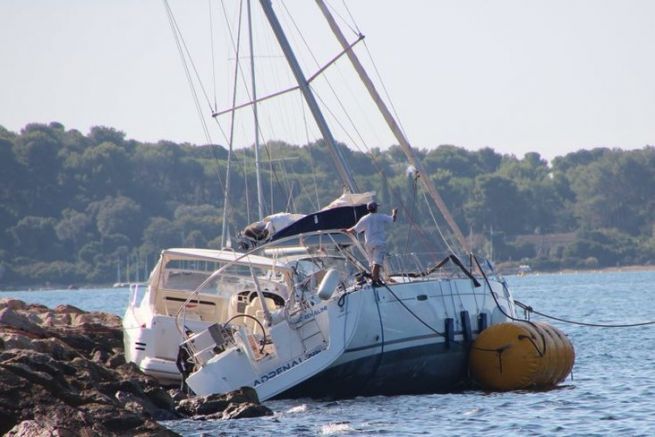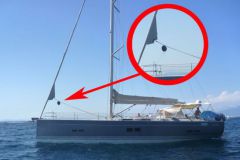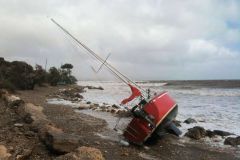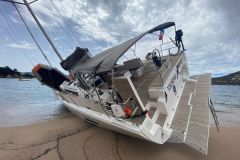Is insurance for a sailboat compulsory?
There is no legal obligation to have insurance for a vessel, however, if a port structure is used, it requires at least a civil liability that also includes the costs of retirement. These costs can quickly add up when it comes to removing a wreck that may cause pollution.
Taking this insurance throughout the year is essential. Indeed, boaters tend to think that it is only by using their boat that they take risks. However, statistics show that 50% of damage occurs in the port, outside the sailing period. Whether it's a storm that hits the boat, or a dry-docking that doesn't go well, there are many cases where boats are damaged in port.
The purpose of insurance is to protect one's property, one's capital. The role of the insurer is to allow the quickest possible recovery following a claim with the least possible burden for the insured.

What are the key points of good insurance?
When looking for insurance, of course, boaters tend to be competitive. But being insured isn't just a price at the bottom of the quotation, it's about checking how the damage is covered.
A boat is not insured like a car or a house. It's a good idea to get in touch with a specialist who will speak the same language as the boater. If, for example, you advertise having a spinnaker on board or explain that you have a bow thruster, the specialist should know what you are talking about in order to offer you the best deal.
For good insurance, you should talk to an advisor. He will validate your program to give you the contract that best suits your needs. You will be able to validate if your yacht will be insured for the regatta or if you have the right to rent it. In the same way, if your programme is a long cruise, he will check with you the exclusion zones.
This exchange is essential for a good cover. There's no point in hiding something, it would be tantamount to rendering the contract null and void. You would then pay contributions so as not to be insured in the end..
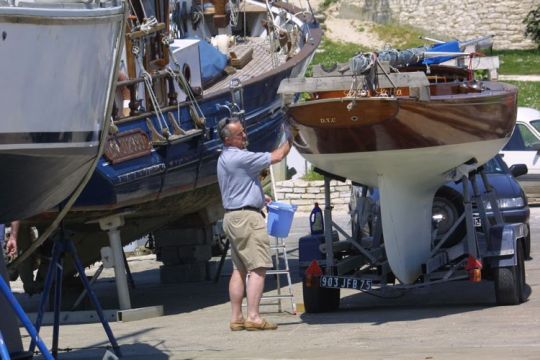
Are there any extensions for passengers or equipment on board?
On a boat, the passenger is considered as a third party and is therefore covered by civil liability. Only the subscriber (often the owner) is outside this contract. He can then choose at April Marine to protect himself with a separate contract "Sécurité Nautique".
Personal belongings are not covered by the basic contract. Fishing or water sports enthusiasts who have expensive equipment on board (rods, reels, skis...) will choose the "Fishing" or "Water sports" extension which allows the guarantee to be increased by instalments.
Only the trailer is separately insured. This makes the policy more like an automobile. April Marine offers an "All risk" contract that allows the loan of its trailer with the boat, regardless of the towing vehicle.
As with the previous answer, the most important thing is to define your program well by talking to your insurer. At April Marine, the advisors all sail. You can talk to them about the boat, they know what it's all about. An advantage when you want to treat yourself to a holiday at sea with complete peace of mind.

